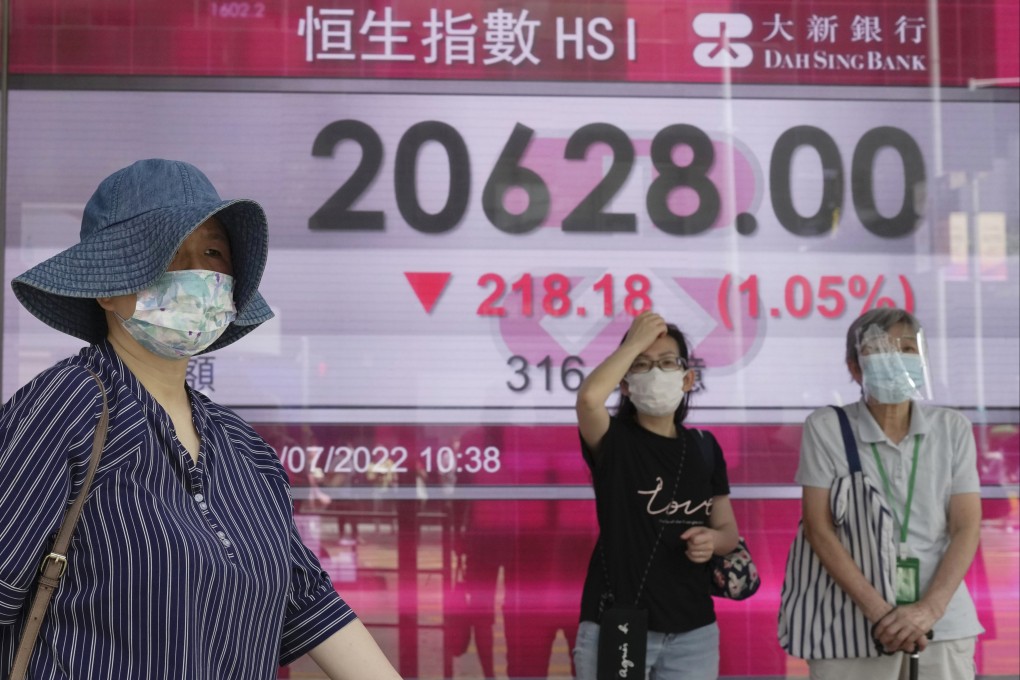Editorial | Hongkongers should think twice about loans as rise in interest rates looms
- With the US Fed expected to raise its rate for the third time since April, it can only be hoped Hong Kong borrowers have heeded the warnings of top financial officials

For well over a year, Hong Kong’s top finance officials have warned borrowers to be mindful of how much they can afford to repay, especially for a long-term commitment such as a home mortgage.
Their advice seems not that far off being vindicated by an interest rate rise, despite a low local inflation rate. It is an example of how monetary policy in the city is divorced from local economic reality.
Hong Kong’s economy reflects what happens with the mainland. The coronavirus pandemic has basically sent consumption and retail sales into a slump. Inflation is therefore not an issue.
But official interest rates move in lockstep with the open market rate fixed by the United States Federal Reserve to maintain the local dollar peg to the US dollar.
The Fed is expected this week to raise its rate for the third time since April. This is after a flood of liquidity led to surging inflation in the rest of world and a rash of interest rate rises.
The European Central Bank is the latest to follow suit. The 50 basis point rise in its benchmark rate – the first for 11 years – came as the Reserve Bank of Australia announced a 100 basis point rise.
